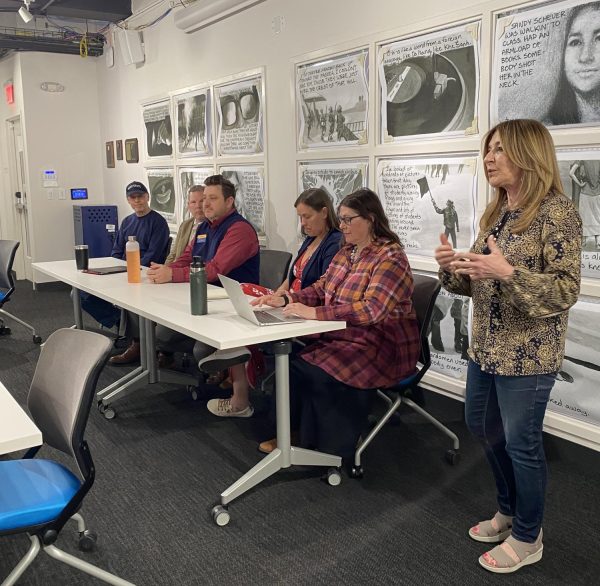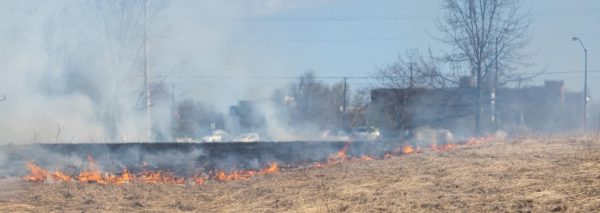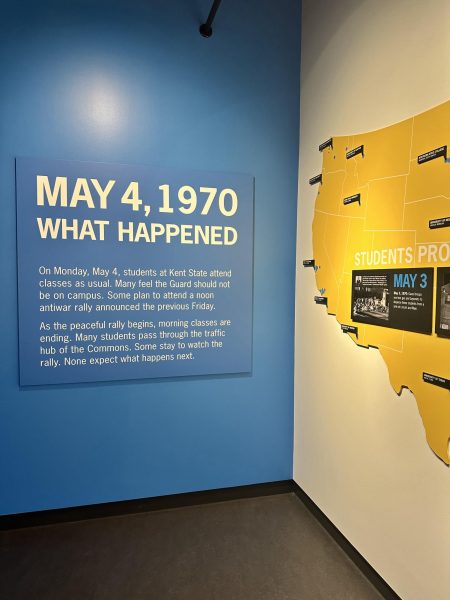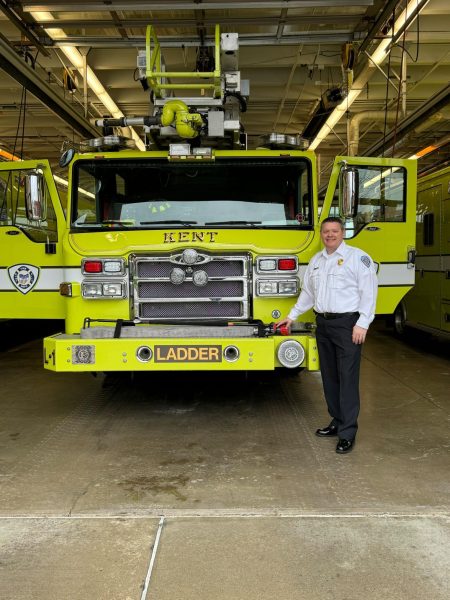New legislation a threat to radio
December 8, 2006
Most people will spend the day after Christmas enjoying new gifts, lounging around the house and eating copious amounts of holiday leftovers.
But Bob Long, general manager of WSTB radio in Streetsboro, will be shutting down the Web stream of his radio station.
And he may not be alone.
Long thinks several other small radio operations will have to alter their online plan of attack in order to accommodate new legislation passed by Congress, which would require increased funding and more aggressive records-keeping for radio stations who want to maintain their stream.
He said the biggest problem with the new legislation is not the amount of money required —ÿbut the detailed records-keeping.
“If we were a wealthy commercial station, we could just hire people to do that,” he said. “If I had all the data, I might roll the dice on the cost for next year —ÿhowever, there’s no way we can get all that data in by January.”
WSTB would have to compile track names, album titles and IRCS numbers for more than 4,000 songs in the station’s library in order to make sure pre-paid fees go to the proper artists.
“I’ve got no problem with the concept,” Long said. “The artists deserve to get a little benefit.”
Kent State students may feel the pinch of the new legislation in the near future, as Black Squirrel Radio’s own stream may be affected by the new law.
“We’re still researching those changes in the policy,” said Marianne Warzinski, faculty adviser to Black Squirrel Radio. “We will adopt a wait-and-see plan to see where it takes us.”
Warzinski said the station has contacted the Intercollegiate Broadcast System, a group that looks out for college radio stations.
Katie Purcell, promotions director for Black Squirrel Radio, said the campus would take a big hit — losing out on a news outlet and local pride if the station was forced to shut off its stream.
But it’s not all about what the station provides the campus — it’s also about what the station provides its employees.
“It would affect the DJs, street team and directors — that’s a whole group of 50 people without experience to take them into the real world,” Purcell said.
Contact public affairs reporter Ben Breier at [email protected].
























